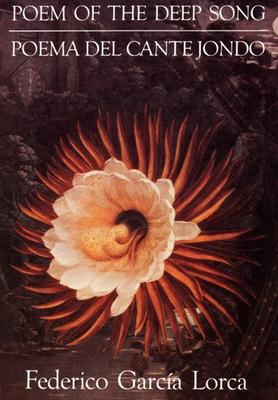The magic of Andalusia is crystallized in Federico Garcia Lorca's first major work, Poem of the Deep Song, written in 1921 when the poet was twenty-three years old, and published a decade later. In this group of poems, based on saetas, soleares and siguiriyas, Lorca captures the passionate flamenco cosmos of Andalusia's Gypsies, "those mysterious wandering folk who gave deep song its definitive form."
Cante jondo, deep song, comes from a musical tradition that developed among peoples who fled into the mountains in the 15th century to escape the Spanish Inquisition. With roots in Arabic instruments, Sephardic ritual, Byzantine liturgy, native folk songs and, above all, the rhythms of Gypsy life, deep song is characterized by intense and profound emotion.
Fearing that the priceless heritage of deep song might vanish from Spain, Lorca, along with Manuel de Falla and other young artists, hoped to preserve "the artistic treasure of an entire race." In Poem of the Deep Song, the poet's own lyric genius gives cante jondo a special kind of immortality.
